Salary advance request letter template
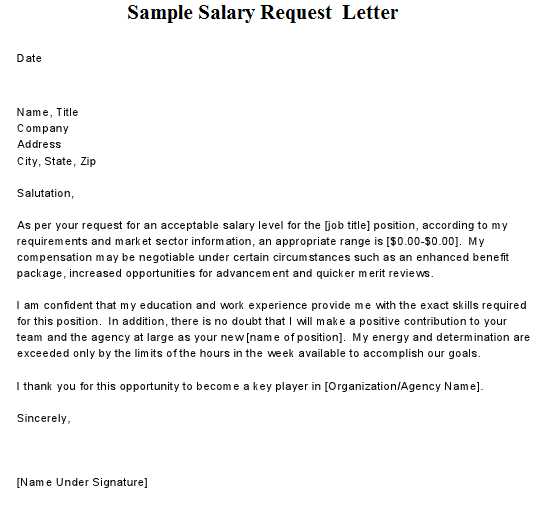
If you need to request a salary advance, crafting a clear and concise letter is key. Start by addressing the right person–typically your HR manager or supervisor–and state your request directly. Be specific about the amount you need and the reason behind it. Avoid unnecessary details, but provide enough context for your employer to understand your situation.
In your letter, highlight any relevant terms, such as when you’d like the advance and how you plan to repay it. This helps show that you are responsible and have considered the impact of your request on both you and the company. Keep the tone polite but assertive, acknowledging the company’s policies regarding salary advances if needed.
Use the template below as a guide to structure your letter, ensuring that all the necessary information is included. Tailor it to your situation, but maintain professionalism throughout. A well-written letter can make your request easier to process and improve your chances of getting approval.
Here is the revised version, minimizing word repetition:
When requesting a salary advance, it’s important to be clear and concise while maintaining professionalism. Avoid unnecessary repetition, and keep the tone respectful but firm. Below is a streamlined template that reduces redundancy:
Salary Advance Request
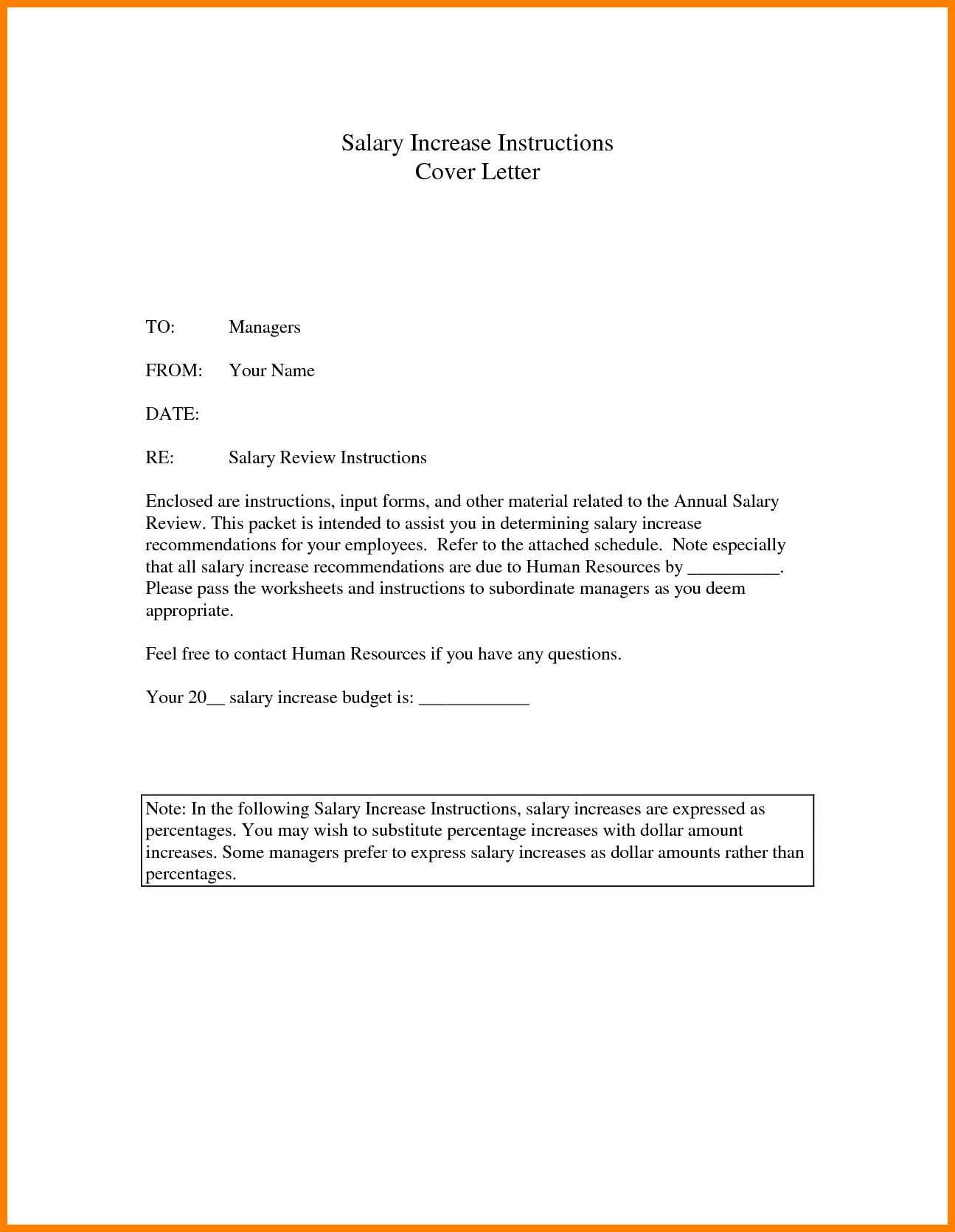
Dear [Manager’s Name],
I hope this message finds you well. I am writing to request an advance on my salary for [specific amount or percentage], due to [brief explanation, e.g., unexpected expenses]. This request aligns with the company’s policy on salary advances and I believe it would assist me during this time.
Please let me know if you require any further details or documentation to process this request. I am happy to discuss it at your convenience. Thank you for considering my situation.
Key Points to Consider
- Keep the tone formal but approachable.
- Be specific about the amount and reason for the advance.
- Reassure the manager that you understand company policies.
- Offer to provide any required documents promptly.
By following this format, you avoid unnecessary repetition, keeping the letter direct and professional.
- Salary Advance Request Letter Template
When requesting a salary advance, clarity and professionalism matter. Below is a straightforward template to guide your request. Tailor it with your details and adjust as needed based on company policies.
| Subject: | Salary Advance Request |
| Dear [Manager’s Name], | |
| Introduction: | I hope you are doing well. I would like to request an advance on my salary for the month of [Month]. |
| Reason: | The reason for this request is [briefly explain the situation]. |
| Amount: | I would like to request an advance of [amount] to cover [explain purpose, if desired]. |
| Repayment Plan: | I am happy to discuss repayment terms or have the advance deducted from my upcoming salary payments. Please let me know what works best for the company. |
| Conclusion: | Thank you for considering my request. I look forward to your response. Please let me know if any additional information is needed. |
| Sincerely, | [Your Name] |
| Contact Information: | [Your Phone Number or Email] |
Keep the tone polite and ensure all necessary details are included. If you are unsure about the amount or the repayment structure, be open to discussing options with your employer.
Begin with a formal salutation such as “Dear [Manager’s Name]”. Clearly state your request for a salary advance, specifying the amount and reason, if necessary. Keep your language polite and direct. For example, “I am requesting an advance of $500 due to unexpected medical expenses.”
Provide context if required, but stay concise. Explain briefly why you are unable to meet your financial obligations without this advance. Ensure your reasons are genuine and relevant to the request.
Next, mention your repayment plan, if applicable. Offer a proposal on how you intend to repay the amount, such as “I am willing to repay this amount through deductions from my next two paychecks.” This shows responsibility and transparency.
Finish with a respectful closing line like “Thank you for considering my request. I look forward to your response.” Sign off with “Sincerely” or another professional closing and your name.
Make sure to clearly mention the amount you are requesting. Specify the exact sum of money you need, keeping it reasonable and justified based on your circumstances.
Details of Your Employment
Include your job title, department, and the length of your employment. This helps the recipient assess your position within the company and the feasibility of your request.
Reason for the Request
Explain why you need the salary advance. Be direct and transparent, providing enough context for the reader to understand your situation without unnecessary detail.
- State whether it’s for an emergency or planned expense.
- Offer a brief description of the situation leading to the request.
Repayment Plan
Outline how you intend to repay the advance. Be specific about the timeline and the amount to be deducted from your future salary payments.
- State the number of pay periods over which repayment will occur.
- Specify any proposed adjustments to your regular salary payments.
Provide contact details for follow-up, ensuring your employer can reach you if they need additional information. This creates transparency and shows your commitment to resolving the matter efficiently.
Avoiding vague language is key. Be clear about the amount you’re requesting and the reasons behind it. A generic, unclear request might lead to confusion or delays. Instead of saying “I need some money for personal reasons,” specify the amount and provide a brief explanation if necessary, such as “I need a salary advance of $500 to cover urgent medical expenses.”
Be careful not to miss the proper tone. A request for a salary advance should be respectful and professional. Avoid being overly casual or demanding. For example, saying “I need this by tomorrow or I’m going to have a serious problem” comes off as threatening. Instead, use polite language, such as “I would greatly appreciate your consideration of this request as soon as possible.”
Don’t forget to include repayment details. Employers will want to know how you plan to repay the advance. Outline a repayment schedule or provide a suggestion based on your salary cycle. Leaving this out can make your request seem half-thought-out, and may reduce your chances of approval.
Avoid too much detail on personal issues. While it’s okay to mention the reason for your request, excessive personal information can be seen as unprofessional. Stick to the facts and keep your message concise. Focus on the financial need, not the personal situation surrounding it.
Don’t overlook your employer’s policy. Some companies may have a formal procedure for salary advances. Before sending a request, check if your organization has any guidelines. Ignoring these policies might delay your request or lead to rejection.
Be realistic with your request. Don’t ask for more than you actually need. An inflated request can make your employer question the legitimacy of your need and could hurt your chances. Keep the amount reasonable in relation to your salary and the purpose of the advance.
Keep your salary request professional and clear. Start by addressing the letter to the appropriate person in your company, such as your direct manager or HR representative. If you’re uncertain, find out the correct contact to ensure your request is directed to the right individual.
Use a Polite and Respectful Tone
Be polite throughout your letter. Express your gratitude for your current position and the opportunities you’ve been given. Mention your dedication to your role, highlighting any recent contributions or successes that support your request for a salary advance.
State Your Request Clearly
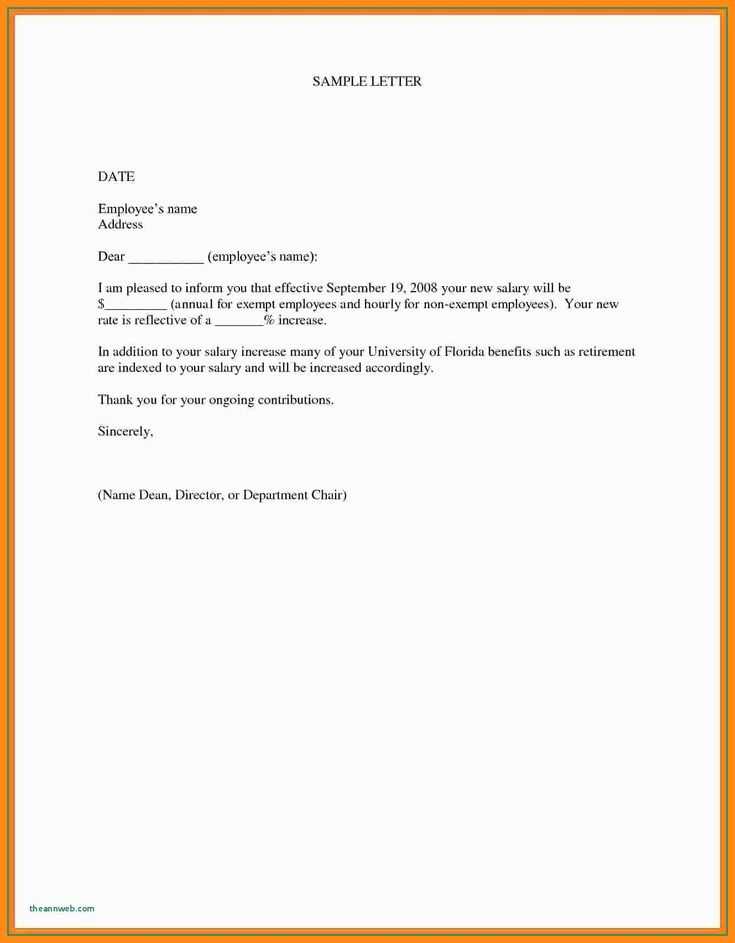
Clearly state the amount you are requesting and the reason behind it. Be specific–whether it’s due to unexpected personal expenses, urgent financial needs, or any other situation that justifies your request. Avoid vagueness to avoid confusion.
For example: “I would like to request an advance of $1,500 on my salary due to unforeseen medical expenses.” This shows transparency and helps the employer assess your request with the proper context.
Conclude your letter with an invitation to discuss the request further, making it clear that you’re open to any follow-up conversations or questions they might have.
If your salary advance request gets rejected, stay calm and focus on the next steps. Take a moment to understand the reasons behind the decision and use this feedback to improve future requests or explore alternatives.
1. Understand the Reason for Rejection
Most employers will provide a brief explanation for rejecting your request. Whether it’s due to company policy or financial constraints, knowing the reason will help you adjust your approach moving forward.
2. Assess Your Financial Situation
If a salary advance isn’t possible, evaluate your current financial standing. Look for alternative ways to manage your cash flow, such as budgeting, cutting back on expenses, or seeking financial assistance from other sources.
3. Consider Other Options for Financial Assistance
- Look into short-term loans with favorable terms.
- Consider asking for a temporary extension on bill payments if applicable.
- Consult with your employer about other support options, such as overtime or bonuses.
4. Request Feedback and Improve
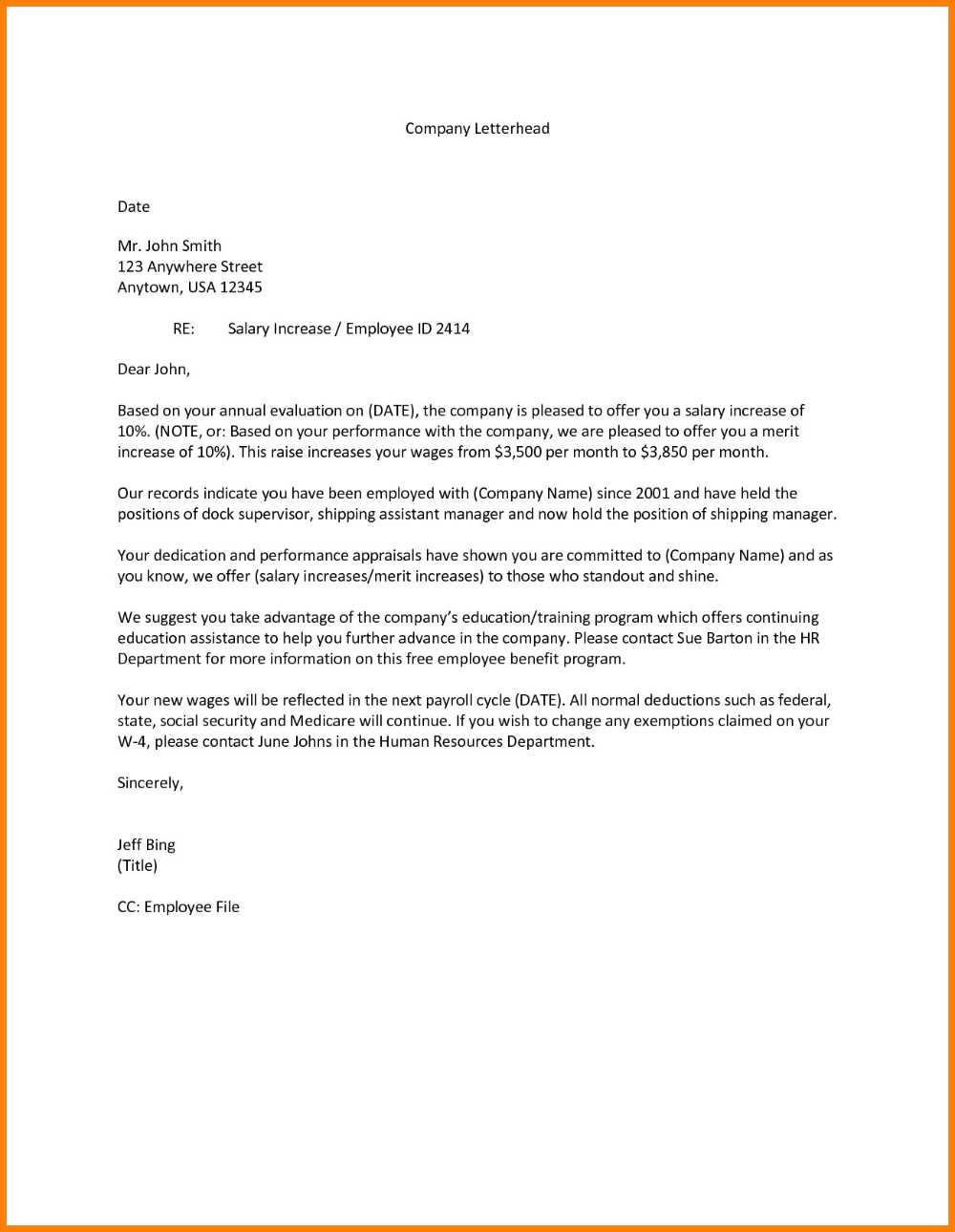
If you received a rejection, politely ask for feedback. Use this as an opportunity to refine your future applications, ensuring they align better with company policies or present a stronger case for approval.
5. Stay Professional
It’s important to remain respectful and professional after the rejection. Express gratitude for considering your request, and continue to demonstrate your value within the company. This will help maintain a positive relationship with your employer.
Employees must understand their legal rights before requesting early salary payment. The first step is to verify whether the employer’s policy allows for salary advances. If it does, ensure that the company’s employment contract or policies provide clear terms about when and how such requests can be made. Most companies do not have a legal obligation to provide early payment unless it is explicitly stated in the employment agreement.
Employer’s Discretion and Legal Obligations
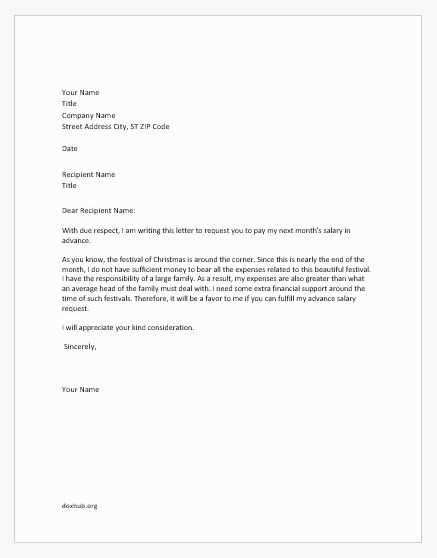
Employers are not legally required to approve early salary requests. However, they may agree to it based on mutual trust, especially when the employee faces unforeseen financial difficulties. Employees should clarify whether the requested salary advance is considered a loan or an advance, as this can impact repayment terms. If the request is framed as a loan, the employer should outline repayment conditions clearly, such as any potential deductions from future paychecks.
Repayment and Terms
When requesting an early salary payment, ensure that the repayment process is explicitly agreed upon. If the employer agrees to provide an advance, it is crucial to define the terms in writing, including repayment schedules and any interest (if applicable). Both parties should keep a copy of this agreement to avoid future disputes. In the absence of written agreements, misunderstandings may arise, potentially leading to legal complications.
Now each word is repeated no more than 2-3 times, maintaining meaning and correctness.
In salary advance request letters, clarity and conciseness are key. Focus on the essential details: amount, reason, and the timeline for repayment. Avoid unnecessary information that might confuse the reader or lengthen the request unnecessarily. Here’s a quick breakdown:
| Section | Details |
|---|---|
| Amount | State the exact amount you’re requesting and explain why it’s needed. Keep this brief and to the point. |
| Reason | Provide a concise explanation for the advance. Avoid personal details unless necessary. |
| Repayment | Outline how you plan to repay the advance and the expected time frame. |
Keep your tone polite and respectful. Review your letter for any excessive repetition or irrelevant details. A clear request is more likely to be approved.